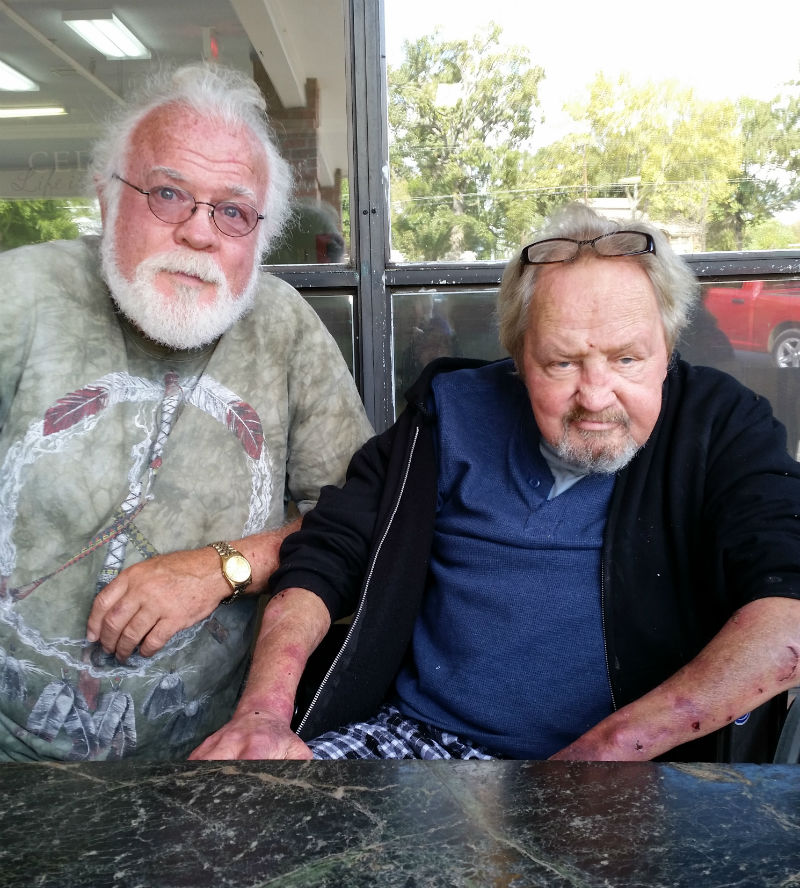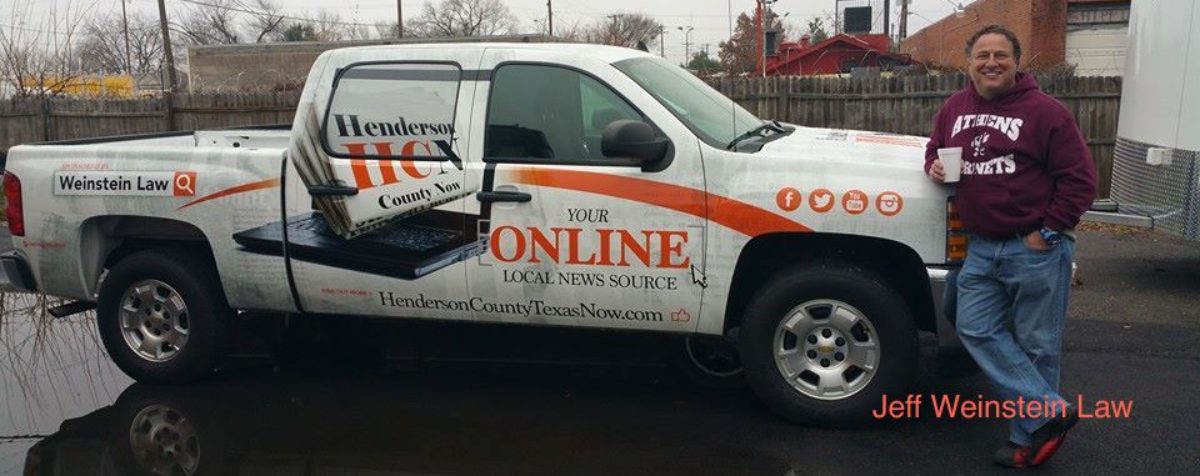
By Loretta Humble and Billy Keith Bucher
Two old boxers, friends since boyhood, are getting a chance to hang out together and relive old memories. We enjoy getting to listen to some of it, because they have some pretty impressive memories to share. In their day, each of these guys was top rated in their division in the United States.
Bobby Vascocu isn’t doing that great physically, and is in Cedar Lake for Rehab. But he swears he is going to beat all this stuff, and be back on the golf course with Carl before long. Carl Ivy, among other things, keeps the grounds looking good at the nursing home, so is there a lot. They have lots of chances to visit. This is some of what we heard.
Bobby Vascocu began his boxing career at the ripe old age of 5. His father, E. A. “Lucky” Vascocu, a well-known boxing promoter and trainer, had him out there early every morning running behind professional boxer Roy Copland. They say sometimes Bobby would give out, and Roy would just pick him up and carry him through the rest of his workout. Bobby had his first fight at the East Texas Athletic Club when he was 6. By the age of 8, he was competing and winning in Golden Gloves Tournaments, as well as doing some impressive competitive swimming.
A year later at the Silver Globe Boxing Tournament in Dallas he won the 50 pound flyweight division trophy, and as well as one for outstanding boxer of the tournament. He just kept racking up trophies, and during the next 11 years sported a 160-14 record.
While Bobby was in college in the early 70’s he boxed and did some coaching, as well as winning some big awards in the National Amateur Athletic Union competition. In 1972, Bobby reached the height of his career when he was asked to join the boxing team representing the US in Moscow, Russia.
After his own boxing days passed, Bobby, who was as nimble with his gift of gab as he was in the ring, found his calling in a career in sales. However he has continued to remain an enthusiastic supporter of Golden Gloves boxing in his hometown.
Carl didn’t start boxing nearly as early. He was 16 in 1965 when he signed up for boxing and met Bobby. He never took it as seriously as Bobby did, but was good enough to compete in the State Golden Gloves one year. When he went to college a few years later, he didn’t take that real seriously, either. Then he got drafted, which was not in his plans. But once in, he thought he might like to be a radioman. While in radio school he joined a little boxing club, and found he could beat most of the members. Dick Pettigrew, the trainer of the All Navy Boxing team heard about Carl, and arranged a competition between the All Navy team and that little club so he could check Carl out. CarL didn’t know the guy he fought from Adam, but found out afterwards he had just beat the best boxer on the All Navy team, a guy who, by the way, went on to become a world champion. When Dick Pettigrew saw what Carl could do, he arranged for him to join the All Navy team. Carl says that was fine with him, as it was the best team in the nation at that time, and he got to spar with the military’s finest boxers every day. He has lots of stories of the good times he and that team had together. He holds Dick Pettigrew as one of the best friends he ever had. Boxing was Carl’s full time job in the Navy. While there he won seven Golden Gloves championships in three different states as well as the All-Navy champion for three years. He participated in the Pan Am games, and the Olympic Trials.
All the Armed Services have boxing teams representing them. They travel the world, employ the finest boxers, and are highly regarded. But all military boxers remain in amateur status. While he was in the service, Carl beat six opponents who became world champions when they left the service and turned professional, including Leon Spinx, Marvin Hagler, and Marvin Johnson. After he left the service, he fought professionally for 10 years, but he never was in the right place at the right time to get a chance at a world championship fight.
Since Carl left boxing he has done a lot of interesting things, including a stint as a professional hair dresser and another as an oil field mud engineer. Another thing we could do a whole column on is his involvement with Native America Spirituality. Leonard Crowdog (you can Google him) spiritual leader of the Sioux nation, is a mentor to Carl, who has for years traveled to South Dakota to participate in his Sun Dance. But we are now out of room. So we have to stop right here.
